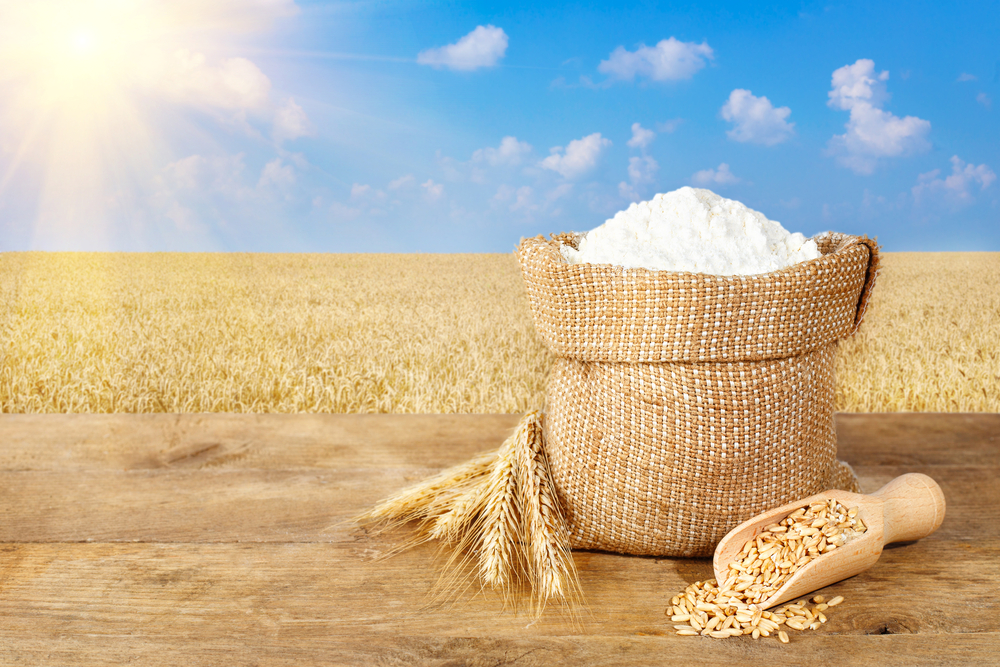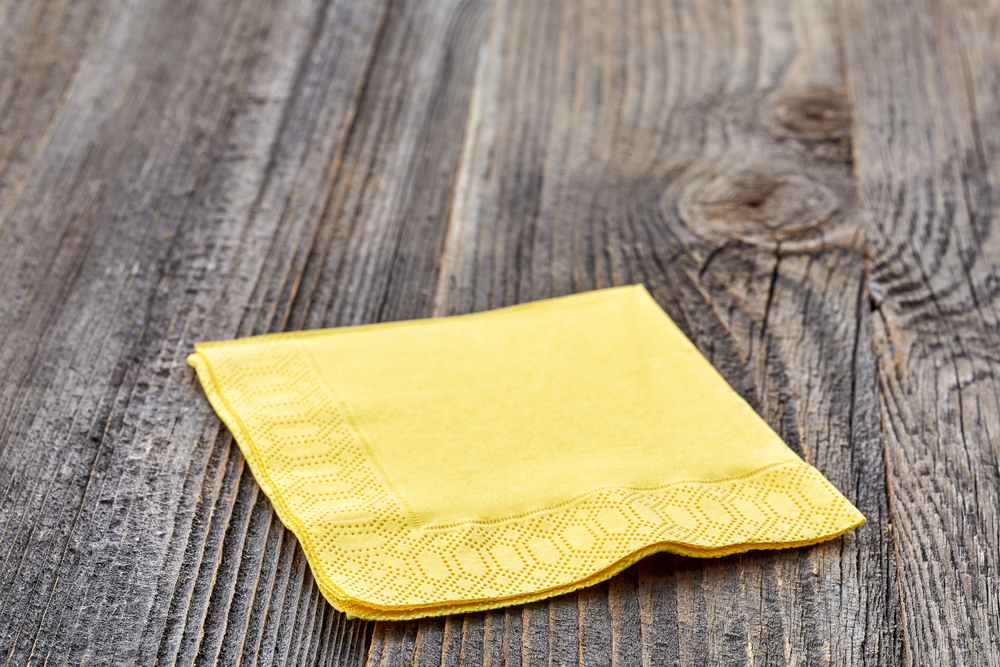"Rabbi, Is Wheat Flour Chametz?" Rabbi Yosef Zritzky Answers the Pressing Questions
As Passover approaches, halachic questions arise: Can medicines containing chametz be consumed? Should wheat flour be burned? Do disposable napkins and cutlery require special kosher certification? Rabbi Yosef Zritzky provides clear answers.
 Rabbi Yosef Zritzky
Rabbi Yosef ZritzkyThe eve of Bedikat Chametz marks a time when we all engage in thorough cleaning, spreading aluminum foil over countertops, and clearing away all remnants of chametz. Passover's approach also brings forth numerous questions. It's no wonder, then, that Rabbi Yosef Zritzky, involved with kashrut for over 30 years, receives countless phone calls inquiring about kosher (or non-kosher) products for Passover.
When asked about the most common question, he responds that "every question is quite unique," yet many share a common thread of limited knowledge among people. "Everyone is eager to strictly adhere to the elimination of chametz, which is truly moving, but at times they impose unnecessary stringencies upon themselves."
Rabbi Zritzky shares a recent example: "A worried young woman called, asking why contact lenses might contain chametz. I assured her there’s no issue whatsoever in using contact lenses during Passover. The young lady insisted, saying her friends had circulated a notice warning against them. After some detective work, we discovered the notice stemmed from a list advising caution with consumable 'lentils' (kitniyot) during Passover. Someone had mistakenly copied 'lenses' instead of 'lentils,' prompting a group to wrongly avoid contact lenses."
Conversely, Rabbi Zritzky points to mistakes in the opposite direction. "Many are unaware chametz could be present in products not outwardly appearing to contain it, such as sour candies. They might refrain from consuming them due to a lack of strict kosher certification for Passover, but intend to use them after the holiday. Careful review of the ingredients list reveals wheat flour, which is unequivocally chametz."
 (Photo: shutterstock)
(Photo: shutterstock)
The Core Question: What is Chametz?
Rabbi Zritzky explains the fundamental definition: chametz is any of the five grains - wheat, barley, spelt, oats, or rye. "It's crucial to finish any foods containing these before Passover, or sell them with the chametz if plentiful."
But he emphasizes reviewing ingredient labels reveals two critical things—"Some foods may state 'may contain gluten'; this isn't an issue, as it signifies only a shared production environment, not actual gluten content. It's mandated by health authorities for safety. Even highly kosher Passover items might read 'may contain peanuts.' Some people avoid them wrongly, assuming peanuts are present, which is not the case; it's merely a precaution due to shared facilities."
"On the other hand," Rabbi Zritzky stresses, "if 'contains gluten' (or any grain of the five) appears—even on the last line, indicating a minute quantity—it should not be consumed. During Passover, chametz is nullified by no measure. Unlike the rest of the year, when a piece of butter falling into a meat pot can be nullified if the pot contents outnumber the butter sixtyfold, on Passover even a single grain of wheat renders the contents unkosher."
Additionally, Rabbi Zritzky clarifies that grains become chametz only when fit to eat, unlike their raw material state where they pose no problem. "Thus," he notes, "if one has wheat flour or groats, they mustn't be used during Passover but don't need hurried burning—store them for use post-holiday."
He mentions people hastily burn canned goods without 'kosher for Passover' labeling. "While cans aren't Passover kosher for various reasons, they don't contain the five grains, so they can be stored instead of discarded."
Continue Taking Chronic Medication
Numerous inquiries Rabbi Zritzky receives pertain to medication. "Caution is imperative with medications," he says. "The guiding principle is, for vital chronic medication, the composition doesn't matter, and it should be taken throughout Passover, unchanged. It mustn't be switched."
 (Photo: shutterstock)
(Photo: shutterstock)"This also applies to infant medications or life-threatening situations. Life preservation overrides all, hence content inquiry is unnecessary—the medicine must be given, as safeguarding life is paramount."
For less absolute cases, he refrains from citing examples, advocating case-specific consideration. "Upon feeling unwell, one should query the physician about chametz in prescribed medicine. All health funds offer precise lists of Passover-kosher medications, and a doctor can verify or replace prescriptions accordingly. If infeasible, and if essential after inquiry, it should typically be taken. A rabbi's consultation can provide absolute certainty."
Are Paper Napkins Kosher for Passover?
Recently, 'kosher for Passover' labeling has proliferated on products already kosher year-round, despite no special holiday certification need.
For instance, Rabbi Zritzky mentions baby formula's Passover 'kosher' stamp. "They're indeed kosher," he confirms, "yet year-round formulas are also kosher, usable without concern."
 (Photo: shutterstock)
(Photo: shutterstock)"The same applies to disposable utensils, paper goods, muffin liners, napkins, and wipes—they need no Passover certification. I personally verified the absence of the five grains; the apprehension regarding latex gloves stems from talc, not flour, devoid of chametz risk."
Rabbi Zritzky further notes that even premium kosher-certified nuts sold year-round contain no chametz. "Previously wheat flour coated them for salt adherence, but potato starch is now used, addressing celiac issues. It doesn't grant Passover clearance, but unc consumed nuts can be stored for post-holiday use—not discarded."
Must Pets Avoid Chametz?
Lastly, Rabbi Zritzky addresses pet food—"Many ponder whether feeding chametz-laden food to dogs, parrots, or aquarium fish is permissible. Somewhat unexpectedly, it isn’t. The reason involves what's prohibited during the year—eating—versus also prohibited during Passover—benefit. Hence, trayfe meat can be fed to dogs year-round, as it involves no benefit. However, chametz, where benefit is gained and food provision is our duty, is forbidden. Likewise, chametz-laden food for fish is prohibited—though no tithe is needed otherwise, it must be chametz-free during Passover. If an outdoor animal encounters chametz, it may eat it with no issue."
Note: This article aims to raise awareness among the curious only. For specific queries, consult a rabbinic authority.

